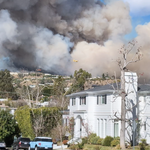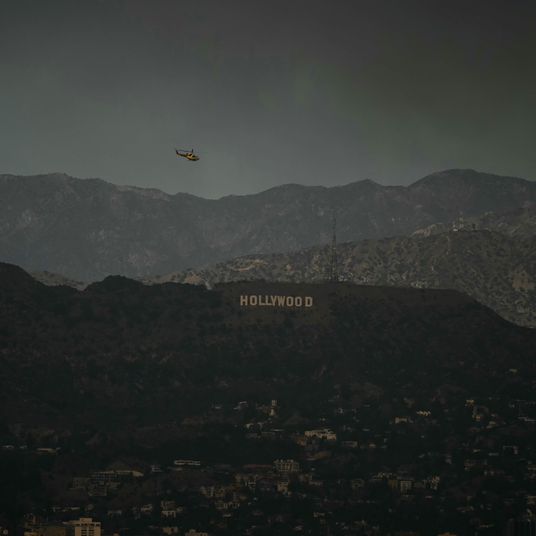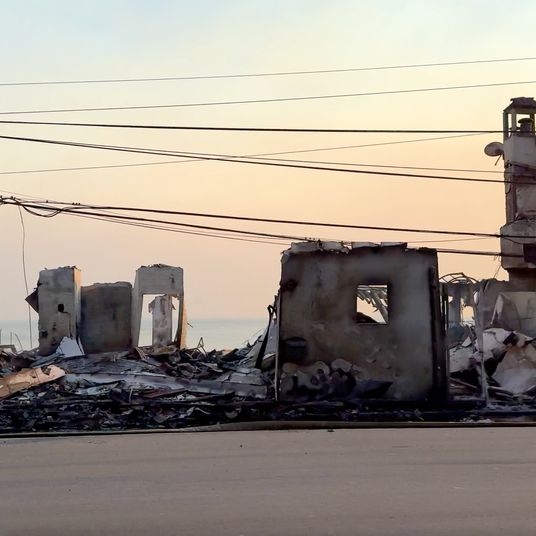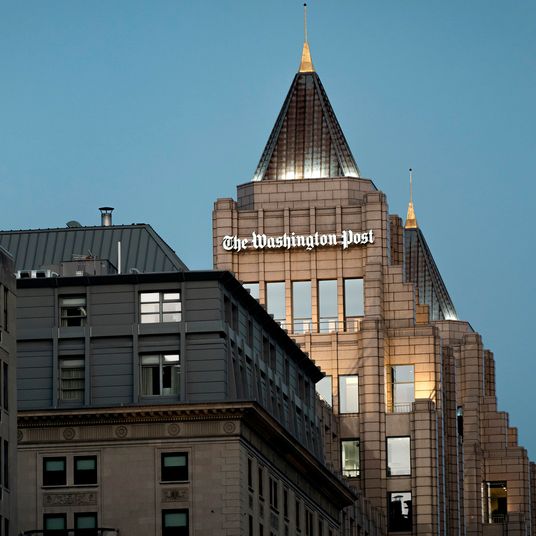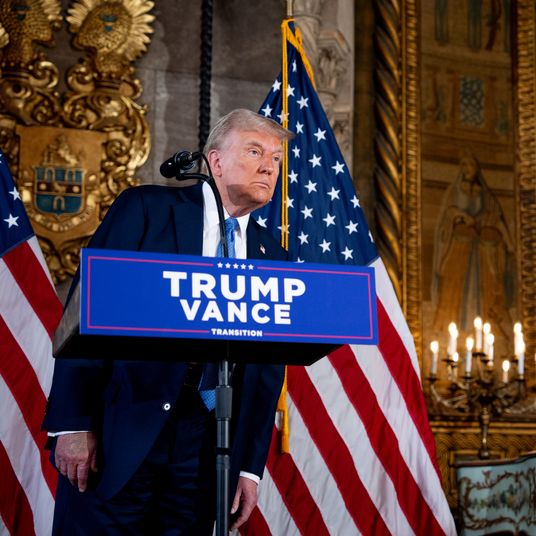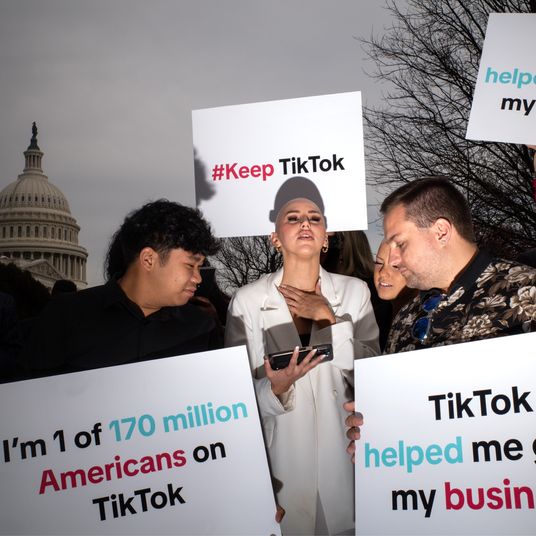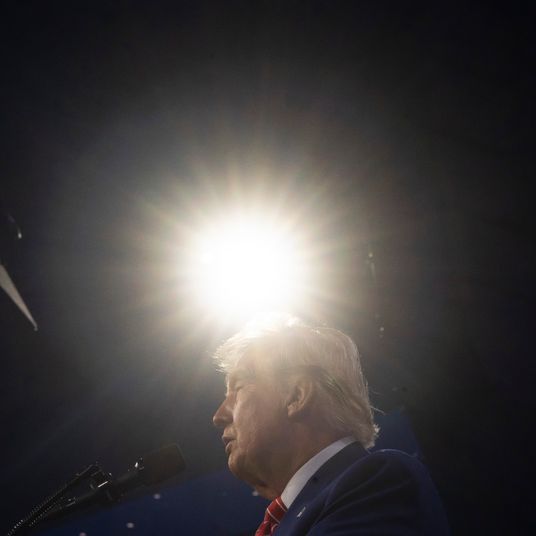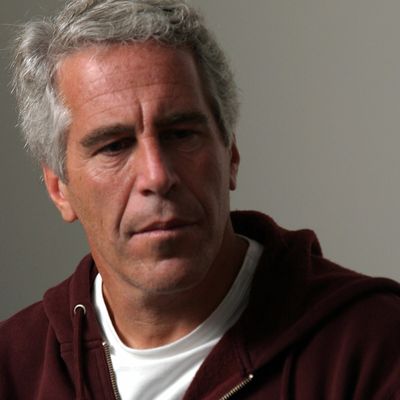
There is a major question underlying all the speculation surrounding Jeffrey Epstein: Did he have compromising tapes on some members of the elite circle he ran in? Blackmail is a common theory for how the financier mysteriously accrued an estimated $500 million without having much of a paper trail. And when law enforcement raided his Manhattan home in July, officers found tapes hand-labeled “Young [Name] + [Name],” leading many to suggest he may have recorded powerful acquaintances having sex with underage girls.
The speculation continued on Monday after the New York Times published columnist James B. Stewart’s account of his 90-minute visit to Epstein’s Upper East Side townhouse on August 16, 2018. A girl, in her “late teens or perhaps 20,” answered the door, and Epstein showed him around, pointing to pictures of him with acquaintances like Saudi Arabian Crown Prince Mohammed bin Salman, Bill Clinton, and Woody Allen. Stewart writes that he was visiting because he had “heard a rumor that [Epstein] was advising Tesla’s embattled chief executive, Elon Musk, who was in trouble after announcing on Twitter that he had lined up the funding to take Tesla private.” Stewart added that he’d “heard that Mr. Epstein was compiling a list of candidates at Mr. Musk’s behest,” a notion that both Musk and Tesla “vehemently deny.”
Though Epstein was “reticent” to discuss Tesla, he was “more at ease discussing his interest in young women” and retailed this dubious argument:
He said that criminalizing sex with teenage girls was a cultural aberration and that at times in history it was perfectly acceptable. He pointed out that homosexuality had long been considered a crime and was still punishable by death in some parts of the world.
It was then that Stewart says Epstein began discussing how he’d observed “prominent tech figures taking drugs and arranging for sex.” Stewart concluded: “The overriding impression I took away from our roughly 90-minute conversation was that Mr. Epstein knew an astonishing number of rich, famous and powerful people, and had photos to prove it.”
While Epstein was quite forthcoming, there is reason to believe that he was not telling the truth:
I kept trying to steer the conversation back to Tesla, but Mr. Epstein remained evasive. He said he’d spoken to the Saudis about possibly investing in Tesla, but he wouldn’t provide any specifics or names. When I pressed him on the purported email from Mr. Musk, he said the email wasn’t from Mr. Musk himself, but from someone very close to him. He wouldn’t say who that person was. I asked him if that person would talk to me, and he said he’d ask. He later said the person declined; I doubt he asked.
When I later reflected on our interview, I was struck by how little information Mr. Epstein had actually provided. While I can’t say anything he said was an explicit lie, much of what he said was vague or speculative and couldn’t be proved or disproved.
Another Epstein attribute coursing through Stewart’s description of the encounter: a desire to project himself as someone still valued among the financial and cultural elite, whether or not there was recent evidence to support that image. The week after the interview, Stewart says, Epstein called him and asked if he would attend a dinner with him and Woody Allen; a few weeks later, an invitation was extended to eat with Steve Bannon and journalist and author Michael Wolff. Stewart did not attend, and harbored doubts that anyone on the name-dropped guest list had either. If Epstein wanted to promote the image of a man in demand, the effect was something else: After Stewart turned down Epstein’s alleged request that Stewart write his biography, he sounded “plaintive” and in need of “companionship.”
Why come forward with the story of the encounter two days after Epstein’s death? Stewart says that the “caveat” for his access to Epstein was that the interview be on background — the information he gleaned from their chat could be used but not sourced back to Epstein. “I consider that condition to have lapsed with his death,” Stewart wrote. Meanwhile, not everyone found Stewart’s defense of his journalistic methods compelling:



